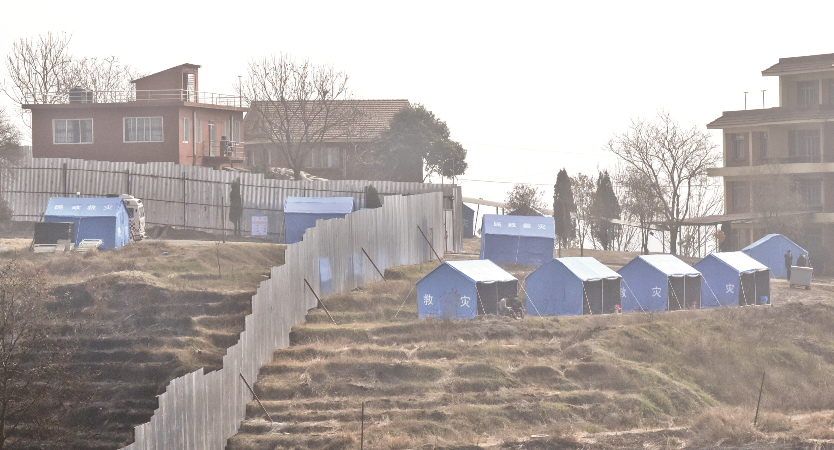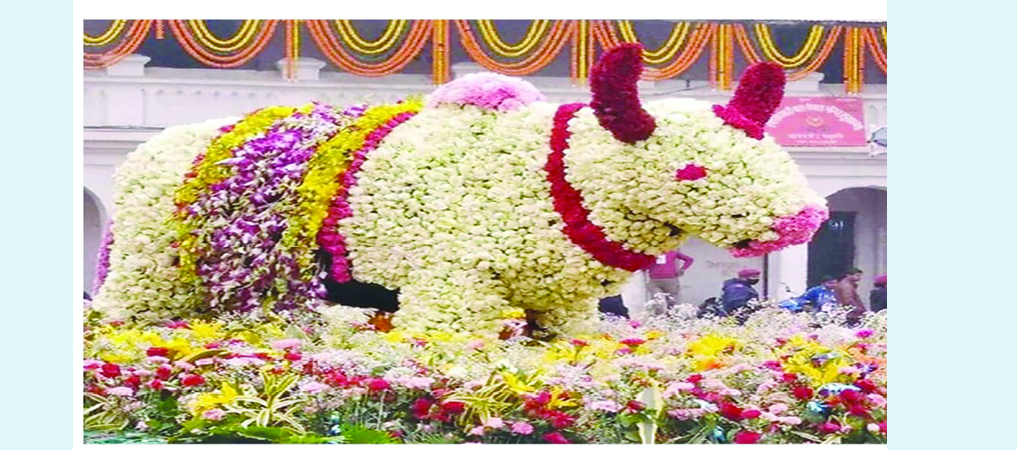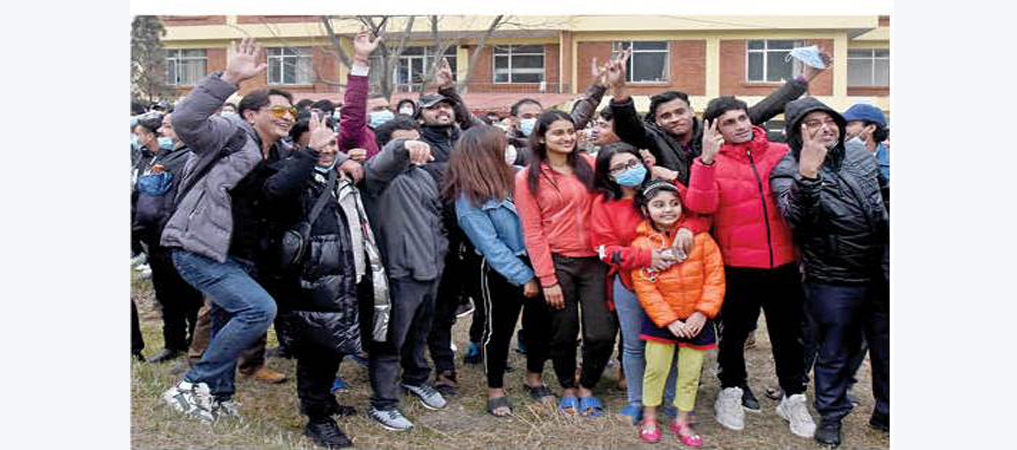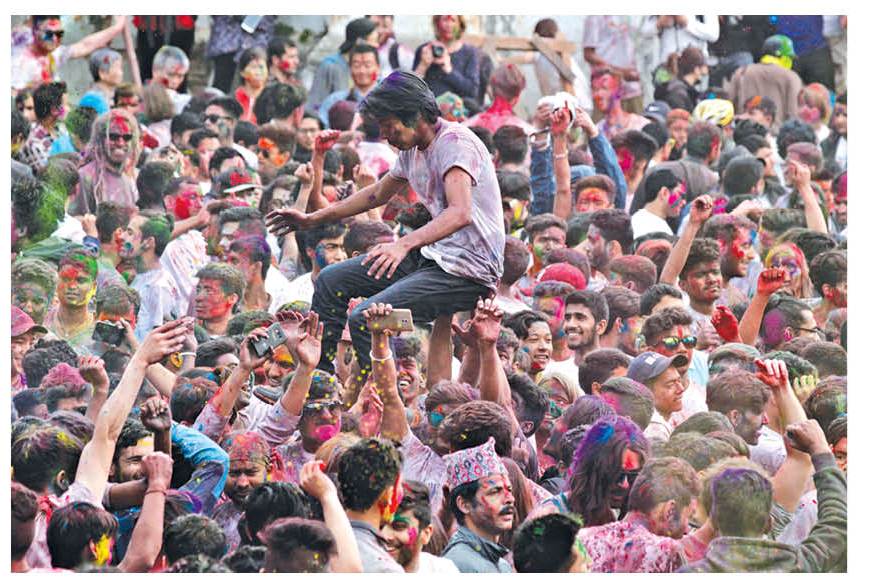Why people tend to go out during lockdown

By Sampada Anuranjanee Khatiwada
Kathmandu, Apr. 11: It has been more than 15 days since the government imposed nation-wide lockdown to curb COVID-19 spread. However, people, in numbers are seen defying it.
Be it men, women, children or even the senior citizens, they are seen coming out in the alleys or even the roads, especially during the morning and evening, thereby violating the lockdown.
Although the government has permitted stepping out of the house only for essential works, the denizens get out without any urgency.
For an instance, people in huge number gather at Machhapokhari and New Bus Park every morning, without considering social distancing, despite constant warning and punishments imposed by the security officials.
Also, Banniki Chaitali festival was celebrated in Bajhang a few days earlier, in presence of hundreds of people.
Ganesh Pangeni, 44, a shopkeeper at Machapokhari said, “While we have been trying to meet the demands of the customers’ amid the difficulties caused by the lockdown, the people seem to neglect the safety measures imposed by the government for them.”
Pangeni said that he opened his store two times a day, during morning and evening. “We have been selling only the most essential items such as grains, vegetables, baby essentials and spices,” he said. “However, people come up with absurd demands despite the time of global crisis.”
Especially the youth, who are considered to be the most educated group, step out of their houses to buy cigarettes and alcohol or to meet their friends and the security officials are not able to punish or warn each one of them, said Pangeni.
“It is terrible to see people disobeying the lockdown by unnecessarily stepping out of their houses, putting their health at risk,” said Pangeni.
Likewise, Raj Atraya, 35, a banker, who goes to his office regularly during the lockdown, said that he had been witnessing a crowd during the evening when he returns from office.
“I see people neglecting the possible infection of virus and walking out in the streets like they do not care about anything,” said Atraya. “Children playing cricket at the street, senior citizens catching up with their neighbours and youths ganging up are an everyday sight for me.”
People are not domestic animals. We are social beings and we still have our hunter and gatherer instinct that makes us want to go out and see what is happening, said Atraya.
Also, people tend to have a bias to think that nothing wrong will happen to them and step out of their houses without caring about their health.
Likewise, Dr. Prakash Budhathoky, a psychologist said
that people were likely to violate the lockdown out of curiosity.
“This is the first time that the government had imposed the nationwide lockdown. Consequently, people step out to see how the lockdown actually looked like or say, how empty roads and highways looked like,” said Dr. Budhathoky.
Dr. Budhathoky said that it had been a compulsion for some people to step out amid the lockdown.
“As the government announced the lockdown during the evening, the denizens couldn’t buy food and shop other daily essentials,” said Dr. Budhathoky. “So they are compelled to get out time and again purchase basic daily essentials.”
He also pointed out that Nepalis tend to feel smart by violating the government-imposed rules and regulations.
“Most of the people are seen boasting about how they went out and neither the police punished them nor the disease infected them,” said Dr. Budhathoky. “They negligently violate the lockdown to feel superior amongst their friends and acquaintances.”
Dr. Budhathoky said that it was crucial to spread civic awareness faster than the spread of virus to make the denizens acknowledge the importance of lockdown amid the global emergency, where vaccines to curb the virus have not yet been discovered.
Recent News

Do not make expressions casting dout on election: EC
14 Apr, 2022
CM Bhatta says may New Year 2079 BS inspire positive thinking
14 Apr, 2022
Three new cases, 44 recoveries in 24 hours
14 Apr, 2022
689 climbers of 84 teams so far acquire permits for climbing various peaks this spring season
14 Apr, 2022
How the rising cost of living crisis is impacting Nepal
14 Apr, 2022
US military confirms an interstellar meteor collided with Earth
14 Apr, 2022
Valneva Covid vaccine approved for use in UK
14 Apr, 2022
Chair Prachanda highlights need of unity among Maoist, Communist forces
14 Apr, 2022
Ranbir Kapoor and Alia Bhatt: Bollywood toasts star couple on wedding
14 Apr, 2022
President Bhandari confers decorations (Photo Feature)
14 Apr, 2022











